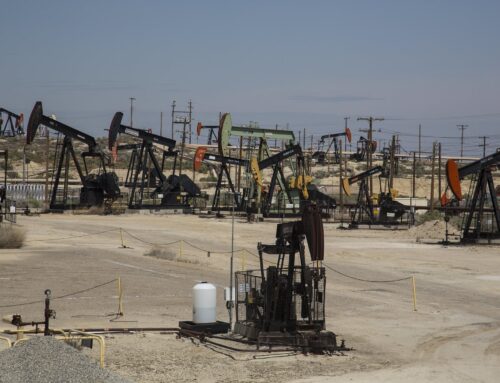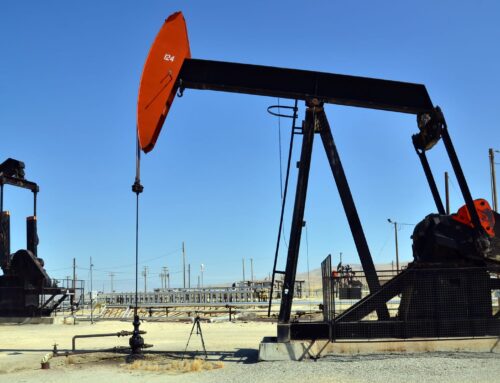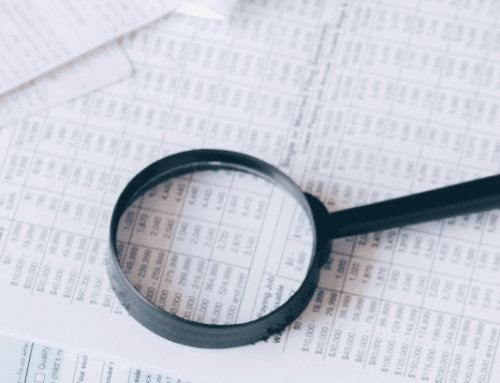On January 1, 2019, Congress allowed the coal excise tax, used to pay health benefits to miners afflicted with black lung disease, to decrease by more than 50 percent. By failing to extend the higher excise tax, Congress is shifting billions of dollars in liabilities from coal companies to taxpayers. This is effectively another taxpayer subsidy for one of the most subsidized industries in history.\
With passage of the Federal Coal Mine Health and Safety Act of 1969, Congress created the federal Black Lung Program to provide benefits to coal miners and their families for disability and death caused by coal workers’ pneumoconiosis (CWP), or black lung disease, caused by the inhalation of coal dust.
Originally, Congress envisioned the Black Lung Program would be a cooperative effort between the federal government and the states. It passed the Black Lung Benefits Act of 1972 (BLBA) to establish standards for state workers’ compensation systems’ payment of CWP benefits, and required each system be approved by the Department of Labor (DOL). If the state did not meet these standards, then each coal miner’s employer would be required to pay CWP benefits. If no such employer could pay, then benefits would be paid by the federal government.
Download or read the full report below.










